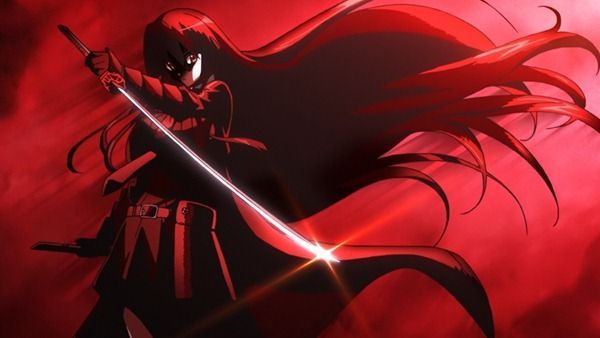Shadow1980 said:zorg1000 said:
That's a really long post to say almost nothing. 2 of the top 10 best selling Switch games are Wii U ports of Mario titles so let's not sell this game short. It's going to sell great and help keep Switch momentum high even if it doesn't cause a massive short term boost. As for MH Rise, who cares if it's 3rd party? The discussion is about big games that can carry momentum for the system and this game will do that. It's going to move a lot of systems in Japan. Stop talking about how they have nothing announced for later in the year, Nintendo is constantly releasing games 3-6 months after the initial reveal, it has happened for multiple games each year of Switch's life. For somebody who talks about historical trends so often you would think you would factor this key point into your analysis. |
@Bolded. Really, dude? Don't act like my points weren't relevant. Not counting Wii U games that were themselves re-releases of older Nintendo games, SM3DW is the last major Wii U port they have to fill in the gaps. Pointing that out is relevant to the discussion. Bringing back those old games for people that might have missed them the first time around may have been a good strategy, helping pad out the Switch's library and fill in gaps between actual new titles, but it was one they couldn't rely on forever (and none of them were obvious system-sellers in and of themselves, except Mario Kart 8 DX in Japan, and even that didn't move a ton of excess hardware). What Wii U games are they going to have later in the year and in 2022 & 2023 to fill in the gaps between actual new titles? I somehow don't think games like Nintendo Land and Game & Wario are going to cut it. Pointing out that Rise is third-party is also relevant, because third-party games are as a rule not going to be helping the Switch. Monster Hunter and Dragon Quest are the exceptions to the rule. They're big-name franchises in Japan and tend to move a decent amount of hardware in the short term in that country regardless of what platform they are on (and since this is an NPD thread, note that neither franchise is a system-seller in the U.S.). But a single third-party title being a likely system-seller for the Switch doesn't change the fact that the Switch, like every other Nintendo platform over the past 20-25 years, has been utterly dependent on Nintendo's first-party efforts. The list of best-selling games on Nintendo platforms over the past 20 years is thoroughly inundated with Nintendo titles, with third-party titles barely making a dent in the list. The top 25 first-party titles on the Switch make up about half of all software sales on the platform (excluding download-only titles). And pointing out that Nintendo doesn't have any huge new titles lined up besides BotW2 is relevant as well, even if as of late they haven't announced some titles until a few months before launch. You can't simply assume they have a lot of huge titles waiting in the wings based on a hunch. They may have a bunch of games over the next two years they'll announce in the same way, and it's entirely possible that none of the them will be something huge like Mario Kart 9 or Mario Odyssey 2. It's impossible to prove one way or another the existence of hypothetical future games, so in these sorts of situations I believe the default position should be the null hypothesis, i.e., "nonexistent until announced." And given Nintendo's history, the more reasonable assumption is that they don't have a lot left in the way of blockbuster-tier titles for the system. I don't believe they do because they haven't given me a reason to think otherwise. They may have a few cards they haven't played, but I doubt the next four years will be anywhere near as packed with big titles as the previous four years. |
I don't recall ever saying they had a bunch more Wii U ports to release so not sure why you're using that as an argument against me. My point was that Wii U ports have been big hits and moved hardware (a game does not have to create a large short term boost to be a hardware mover, most people buy a console for the lineup as a whole rather than for a specific title).
Besides that a console doesn't need a ton of brand new mega sellers each year to maintain momentum. Look at the games released this year, outside of Animal Crossing it was ports/remasters and mid-tier spinoffs.
Tokyo Mirage Sessions-under 1 million
Pokemon Mystery Dungeon-1.26 million
Xenoblade Chronicles DE-1.48 million
Clubhouse Games-2.62 million
Paper Mario: Origami King-3.05 million
Super Mario 3D All Stars-8.32 million
Mario Kart Live-1.08 million
Pikmin 3 Deluxe-1.94 million
Hyrule Warriors: Age of Calamity-3.5 million
It's almost as if 1-2 big hits, a handful of medium titles and a whole bunch of small indie/3rd party titles each year is enough to have strong sales when you have evergreen titles that are pushing hardware years after release.


















































